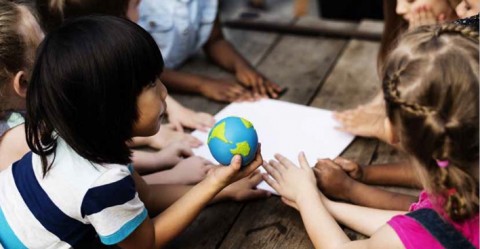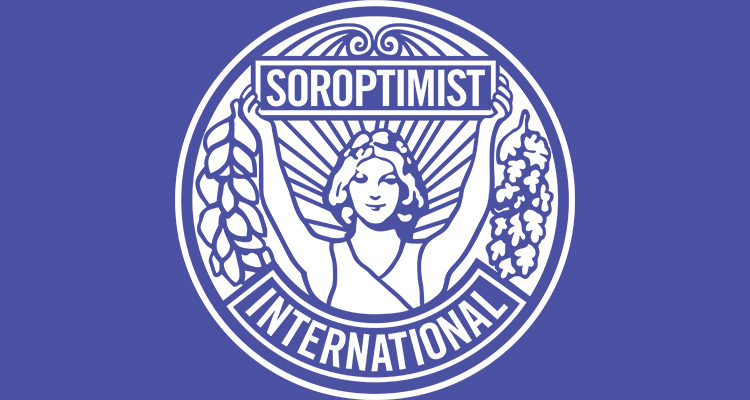On Friday 15 November, Evelyne Para, UN Representative of SI at UNESCO Paris, took part in an event devoted to ‘Education for sustainable development and climate action’, within the framework of the 40th session of the UNESCO General Conference.
“The first half of this event was dedicated to the 2019 UNESCO-Japan Prize on Education for Sustainable Development (ESD), which honours outstanding projects by individuals, institutions and organisations related to ESD. This Prize, funded since 2015 by the Government of Japan, consists of three annual awards of 50,000 dollars for each recipient. The core selection criteria are the projects’ potential for transformation, their innovative quality and ability to embrace all three dimensions of sustainability: the economy, society and the environment.

Image: courtesy of UNESCO
The winners of the 5th edition of the Prize are:
– the Camphill Community Trust (Botswana), which values an inclusive school for people with disabilities. This Trust offers services for youth with intellectual disabilities who have not progressed in mainstream education. Through an integrated experience of environment, society and economy, the programme allows learners to acquire vocational skills such as horticulture, catering and crafts, functional skills such as literacy, numeracy and IT as well as personal and social skills. During their training, learners take part in a permaculture programme which includes tree and crop planting and harvesting skills.
– the Sustainable Amazon foundation (Brazil) wins the Prize for its imaginative project of relevant education for the sustainable development in remote Amazon communities. It focuses on forest-based income generation, environmental conservation and quality of life. Aiming to ‘make forests worth more standing than cut or burnt’ the programme is implemented in 581 remote communities through capacity-building and grassroots empowerment.
– and the city of Hamburg (Germany), which was selected for its large-scale programme. This city is learning sustainability, which fights climate change through an extensive set of projects, materials and green events that serve to educate and promote sustainable development. For example, it supports educational climate projects in kindergartens, schools and non-formal education, and fosters a climate excellence cluster in universities.
To learn more about these winners’ projects, watch the video: https://youtu.be/TpaCMbLRXBM

Image: courtesy of UNESCO
The second half of the event allowed the participants to discuss the role of education, knowledge and youth empowerment in climate action, and showcase some good practices of how young people are already active for the climate around the world, both inside and outside the classroom. The discussion included examples from the UNESCO Associated Schools Network. It was an opportunity to recall how UNESCO and its partners contribute to the measuring of progress towards Target 4.7 of Sustainable Development Goal 4 (SDG 4) on Education which focuses on Global Citizenship Education (GCED) and Education for Sustainable Development (ESD), with regular reports, news, analyses and publications.
In conclusion, Education for Sustainable Development is not an ‘extra’ but rather an integral part of any strategy to combat the effects of climate change. It acts to raise awareness and change behaviours and attitudes and enables people to make informed decisions about their lives”.
![]() Target 4.7:
Target 4.7:
“By 2030, ensure that all learners acquire the knowledge and skills needed to promote sustainable development, including, among others, through education for sustainable development and sustainable lifestyles, human rights, gender equality, promotion of a culture of peace and non-violence, global citizenship and appreciation of cultural diversity and of culture’s contribution to sustainable development.”

